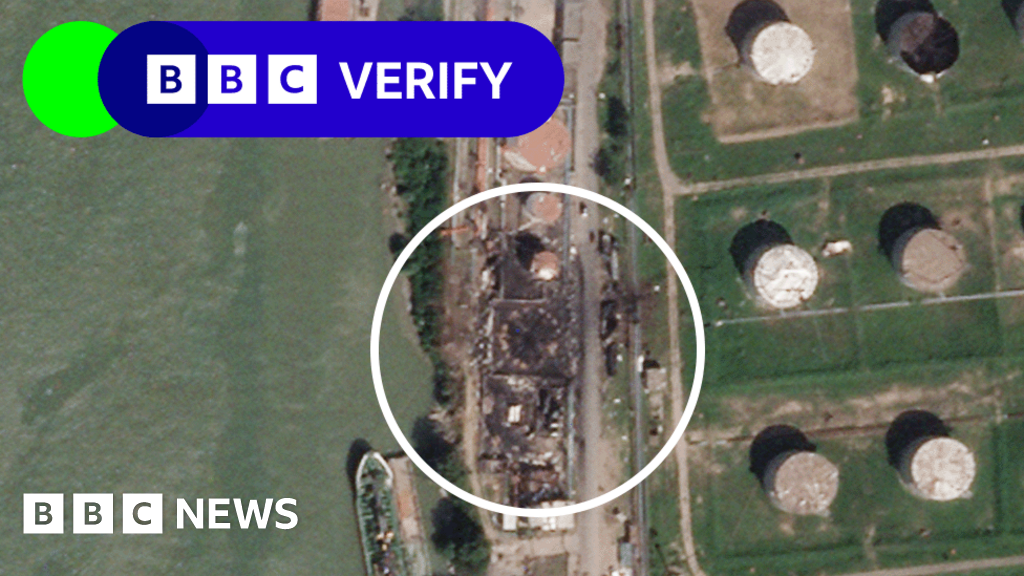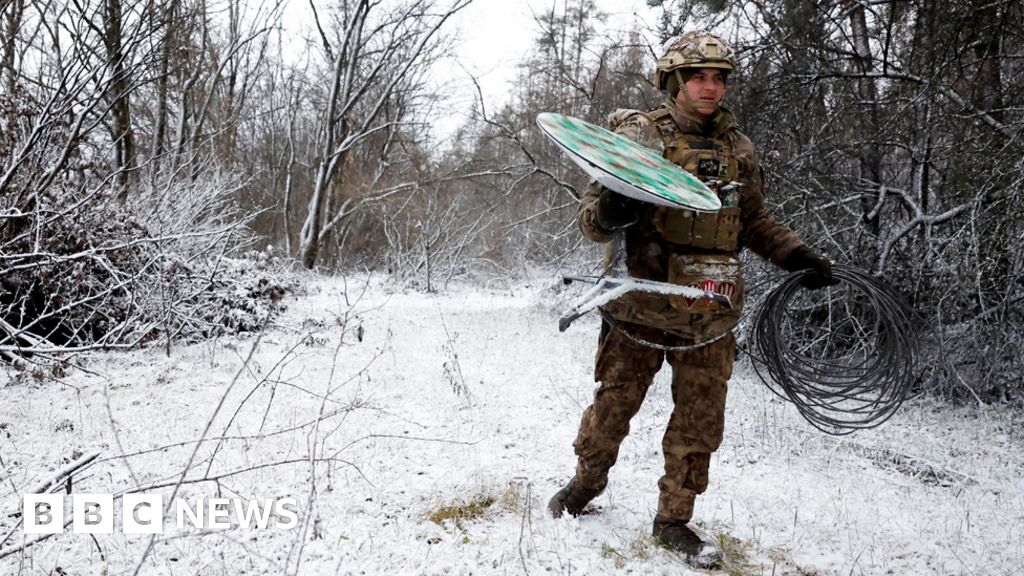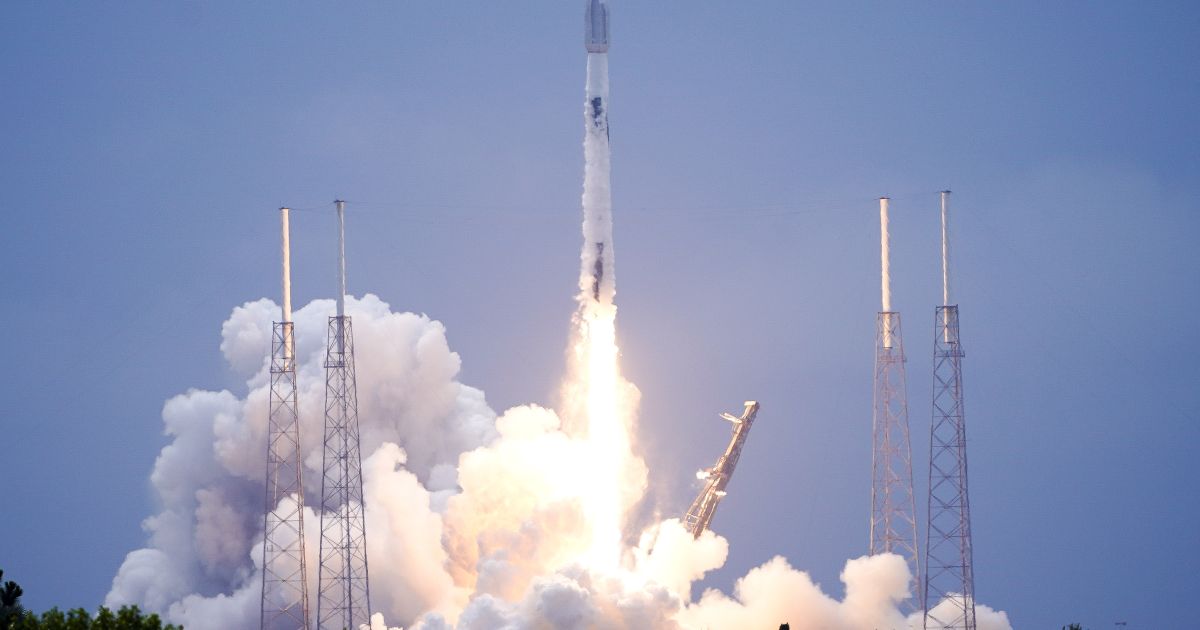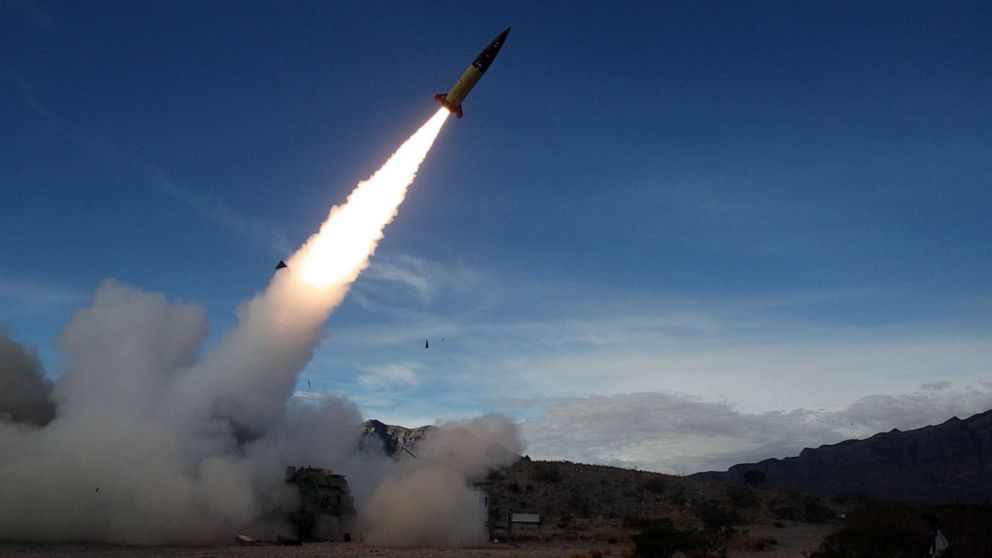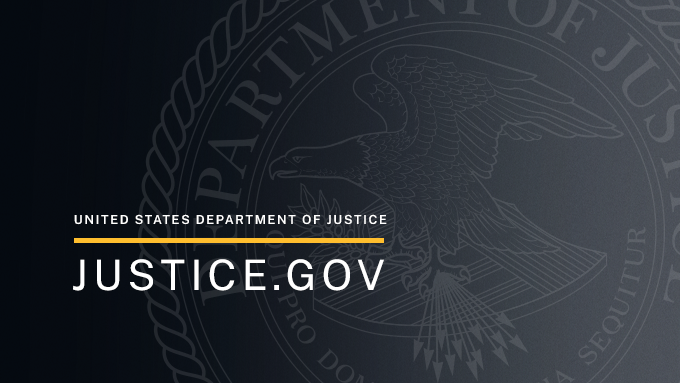Em entrevista exclusiva aos enviados especiais da RTP, Cândida Pinto e David Araújo, o presidente ucraniano Volodymyr Zelensky garantiu que a moral dos soldados se mantém elevada, que o avanço no terreno tem sido constante e que necessita de 160 caças F-16. Afastou ainda qualquer possibilidade...

www.rtp.pt
Zelensky says that UKR needs 160 F-16 so that RU
cannot win air supremacy. He doesn't mention logistics, nor mechanics, nor pilots, nor AAD; only that "it will be difficult to have them in operation at the beginning of the next year". I don't think
that (give me, give me, give me) is a winning strategy.
I am thinking of Croatia's war against Serbia, the offensive years later. How many years and investment would UKR need for that? Would UKR win that new war? Is "carry on and hope" the only option?
If you are talking about Op Storm (Oluja, August 1995), the Croats were not at war with Serbia, but rather the ethnic Serb enclaves within the internationally-recognized borders of Croatia. Specifically, the RSK (self-declared Republic of Serbian Krajina) known as the "Krajina Serbs" inside UN Sectors North and South (Sector West was cleansed in May during Op Flash).
It wasn't even a real war, as there very little actual fighting. It was a massive ethnic cleansing, with over 200,000 people cleansed within the space of four days from an area the size of England, followed by months of a nonstop looting and burning frenzy (with ethnic Serb grannies murdered here and there). The ethnic Croat minority living inside the sectors had previously been almost entirely expelled by ethnic Serbs a few years prior (and it certainly wasn't pretty, either, but in that case my country wasn't assisting the ugliness, as was the case in 1995), replaced by minority ethnic Serbs fleeing Croatia proper.
While the RSK leadership were puppets of Milosevic, goons and craven weasels all, not to mention war criminals, the RSK had already been sold out by Milosevic at the beginning (Tudjman and Milosevic's 1991 deal to carve up Bosnia-Hercegovina), and on the eve of Op Storm, the RSK leaders and and top commanders disappeared over the border with their trunks stuffed with DM -- nearly all heavy weapons had been removed about two weeks prior by Serbian military claiming they would replace them with better stuff ). It's all in the ICTY transcripts if you want to look it up.
It's true the Croats had been trained by Americans (MPRI camp at Jastrebarsko being the best known pubilicly), but their success was not solely due to that. The ARSK was a paltry demoralized ragtag bunch, with pathetic weapons and practically no armor (and precious little fuel and mostly without even proper boots to wear) and numbering probably less than 20,000. The Croatian forces numbered around 200,000. Sanctions were enforced against the Serbs, but not the Croats, so the Croats had some nice shiny stuff but didn't really need it. Op Storm is in no way comparable to Ukrainians vs. Russians, no way no how.
I suppose you could say the RSK was sort of analogous to the LDNR in that it was an rebel ethnic enclave, but it was a disjointed patchwork, with only Sector East sharing a border with Serbia (and that, across the Danube). Unlike Putin, Milosevic did not intervene and invade Croatia in 1995 -- he had already decided to sell out the Krajina Serbs and had a deal with Tudjman -- the RSK enclaves were merely bargaining chips to Slobo. (Besides, Serbian troops would have had to traverse BiH to do so.)
The US playbook was similar: a "peace plan" (Minsk for Ukraine, a succession of plans for Croatia) to mostly freeze the conflict while the US arms and trains its favored side. From 2014 through 2022, we spent billions training and arming the Ukrainians (we got off much, much cheaper, and in far, far less time, too, with the Croats).
Anyway, the Croats didn't need to worry about air superiority. The RSK had nothing to put in the air and NATO took out the ARSK's one SAM battery near Knin early on. The Croats had a few MiGs, which they mainly used to strafe refugees as they fled -- they weren't militarily significant. (They claimed they were targeting the few fleeing military vehicles mixed in with the refugees, but the bodies found by UN there were all civilians -- besides, the few military vehicles were fleeing, not fighting, and the most notable one was a military ambulance clearly marked with huge red crosses.) They also overran 60+ UN OPs (and literally ran over some) and even used some Danish blue helmets as human shields, chained to the front of their tanks (and killed three UN blue helmets). The Bosnian Muslims out of Bihac were also part of the operation, and their V Corps left quite the mess behind and committed numerous war crimes. The Croats probably wished they'd stayed in Bihac, as they got stuck with cleaning up their big messes.*
This last just to illustrate that American training and US/NATO assistance does not necessarily translate into the sort of conduct we expect from our own militaries, didn't intend to go off topic.
If this ends up going badly for the Ukrainians ... Well, I can't help remembering Izetbegovic's face at Dayton. But I'll have to back up in time a bit to explain. In the lead up to the wars in Bosnia-Hercegovina, all three sides (Bosnian Muslim, Croat and Serb) signed the Lisbon Agreement (also known as the Carrington–Cutileiro peace plan), but immediately afterwards, after conferring with the American ambassador, Izetbegovic withdrew his signature. And we all know what happened next. A number of other peace plans were later floated, after war broke out, but each time Washington insisted the Bosnian Muslims did not get enough territory, setting off bloody scrambles to capture more map each time. After all those years of carnage, well, the Bosnian Muslims ended up with slightly less map than they would have have got under Lisbon.* I will never forget the pain in his eyes at Dayton. All for what? Well, I think I know quite well. But it was not in the interest of his people. Or any of the peoples of BiH. If Ukraine ends up with less than they would have got in the peace negotiations before US/UK intervened, Zelensky may end up with that same look in his eyes.
*Just a glimpse of what it looked like on the Bosnian Muslim V Corps side of the road (the road itself clogged with ethnic Serb refugees -- Croat forces on the east side, ABiH V Corps on the west) on the final day of Oluja (WARNING: brief footage of civilians being executed -- there used to be a worse one on You Tube with head chopping):
[Decided to not include the short video after all. If anyone wants video proof of what went on there, PM me for the link.]
Lots of burning and wanton destruction by V Corps, too. Not far from there, they locked a bunch of horses in a barn and burned them alive. The Croats burned and blew up a lot of houses, and looted the rest into ruins (including toilets, roof tiles, everything). Meticulous UNMO assessment showed 75% of homes were destroyed or rendered uninhabitable. And they slaughtered farm animals and pets, with some pets subjected to horrific torture. V Corps just slaughtered and head chopped and burned, leaving great piles of dead animals and a few headless human bodies. These are the things that can happen once war mentality sets in and people want to do the same or worse to their enemies -- and then those enemy people want to do the same or worse -- a very ugly cycle of revenge.
Now, do I think Bosnian Muslims and Croats are horrible people? Nope. Some did horrible things, to the horror of their own peoples, who are mostly decent human beings. Some Serbs did absolutely horrible things, too, and decent Serbs were horrified at what they did. These types of wars are especially hideous. As for the Croatian military, some were very professional and correct, in particular the Alpines. The ZNG (home guard) not so much. By the way, my ancestors on both sides came to the US in the 1600s from England. I have to ties to or roots in the Balkans, nor in Ukraine or Russia. I do have friends in both Ukraine and Russia, as well as in the Balkans.
**Mind you, I am hardly claiming there would have been no armed conflicts in BiH at all had Izetbegovic let his signature to Lisbon stand, but at least there would have been a framework, an agreement signed by all parties. As it was, there was no framework, no peace plan, with UN peacekeeping troops deployed where there was no peace to keep. It was a bloody free for all. It wasn't until Dayton in the autumn of 1995 that there was a peace to keep. At least in Ukraine 2014-2022, the OSCE had the Minsk peace agreement to monitor, even if neither side kept it. (I say monitor because it was strictly a monitoring mission, not a peacekeeping mission, same as ECMM in former Yugoslavia, although there was no agreement to monitor in former Y, which made things interesting).

